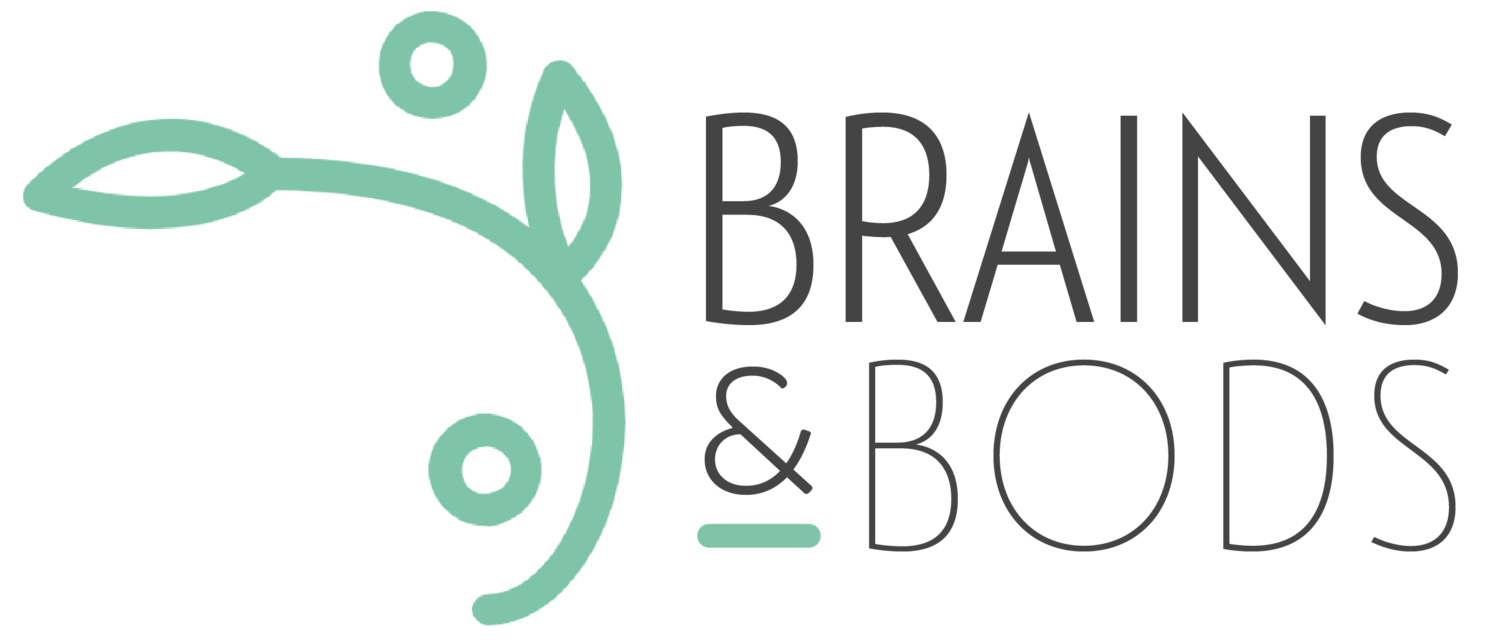Should I Be On a Gluten Free Diet?
Gluten and Celiac Disease
Within the past 5 years or so, it seems like the term “gluten-free” has become a normal term in our food vocabulary. Gluten free foods are more common and available in stores. There are more gluten free bakeries and specialized gluten free items on restaurant menus as well.
A variety of product labels besides food, such as medicines and drinks, have also made a point to specify whether a product contains gluten or not. I’m sure many of you have heard a friend or family member say they are trying a gluten free diet. Some people equate this to being a “healthy” person, without having a true understanding of what it is.
What is gluten?
Gluten is a protein found in some grains. It acts as a binder within food, holding it together. It can be found in most wheat products: breads, cereals, crackers, pasta, and baked goods. It’s also found in barley and malt products. Processed foods and certain beverages also contain gluten. There is also gluten in some condiments such as barbecue sauce, ketchup, and salad dressing.
Is Gluten Bad for You?
The short answer is no, unless you have Celiac disease or non-celiac gluten sensitivity (NCGS). There is no pertinent research that shows adverse effects for people who do not suffer from gluten sensitivity or for those who have been diagnosed with Celiac disease.
There was a study from 2017 that researched over 100,000 people without celiac disease. They monitored long term gluten intake and cardiac heath. There was no correlation found between gluten and cardiac disease.
Whole grains are an important part of our diet. Research shows whole grains are linked to decreased risk heart disease and type II diabetes. These grains in general are actually healthy for you unless you have some sort of intolerance.
What is Celiac disease?
It is an autoimmune disease where ingestion of gluten leads to damage in the small intestine.
It is hereditary. People with a first-degree relative with celiac disease (parent, child, sibling) have a one in ten risk of developing celiac disease.
It is estimated that one out of a hundred people are affected by this worldwide
It can develop at any age. The earlier is it diagnosed, the less chance of them developing other autoimmune diseases.
What are the symptoms?
Symptoms vary in severity and also present differently in children than adults.
How is it diagnosed?
The doctor will order blood tests where they look for a certain level of antibody proteins, as well as testing for specific leukocyte antigens. If the blood tests appear to be positive, an endoscopy will be administered. During an endoscopy, a small camera is placed down the throat into the small intestine to view and take a sample of the tissue villi.
Is there any benefit to following a gluten free diet if you don’t have Celiac disease?
Honestly, it depends on what your goal is. It doesn’t really make sense to buy/eat special gluten free foods. Some of these foods have even more sugar and fat than the “regular” versions of that food. This is often true for gluten free treats/baked goods. However, if you plan on avoiding foods with gluten in them such as breads, pasta, beer, baked goods, and condiments, you’re basically cutting out processed foods that aren’t great for you anyway. In this case, you're eating mostly fruits, veggies, and clean meats. Eating a healthy and balanced diet will surely benefit your health and even help you lose weight if you were previously consuming a significant amount of those products.
Just remember this, you can eat healthy without being “gluten free.” It mostly benefits those with Celiac disease or some sort of gluten intolerance/allergy. If you have been having any of these symptoms and are concerned, talk to your doctor about being tested, especially if Celiac runs in your family.
Do not start a gluten free diet prior to being tested as this may yield false positive tests.
Above all, enjoy the foods you CAN eat!
















Do you struggle with side planks? Try a modified version on your forearm and knee. You can add different exercises in this position to work the side body while working towards a full side plank.